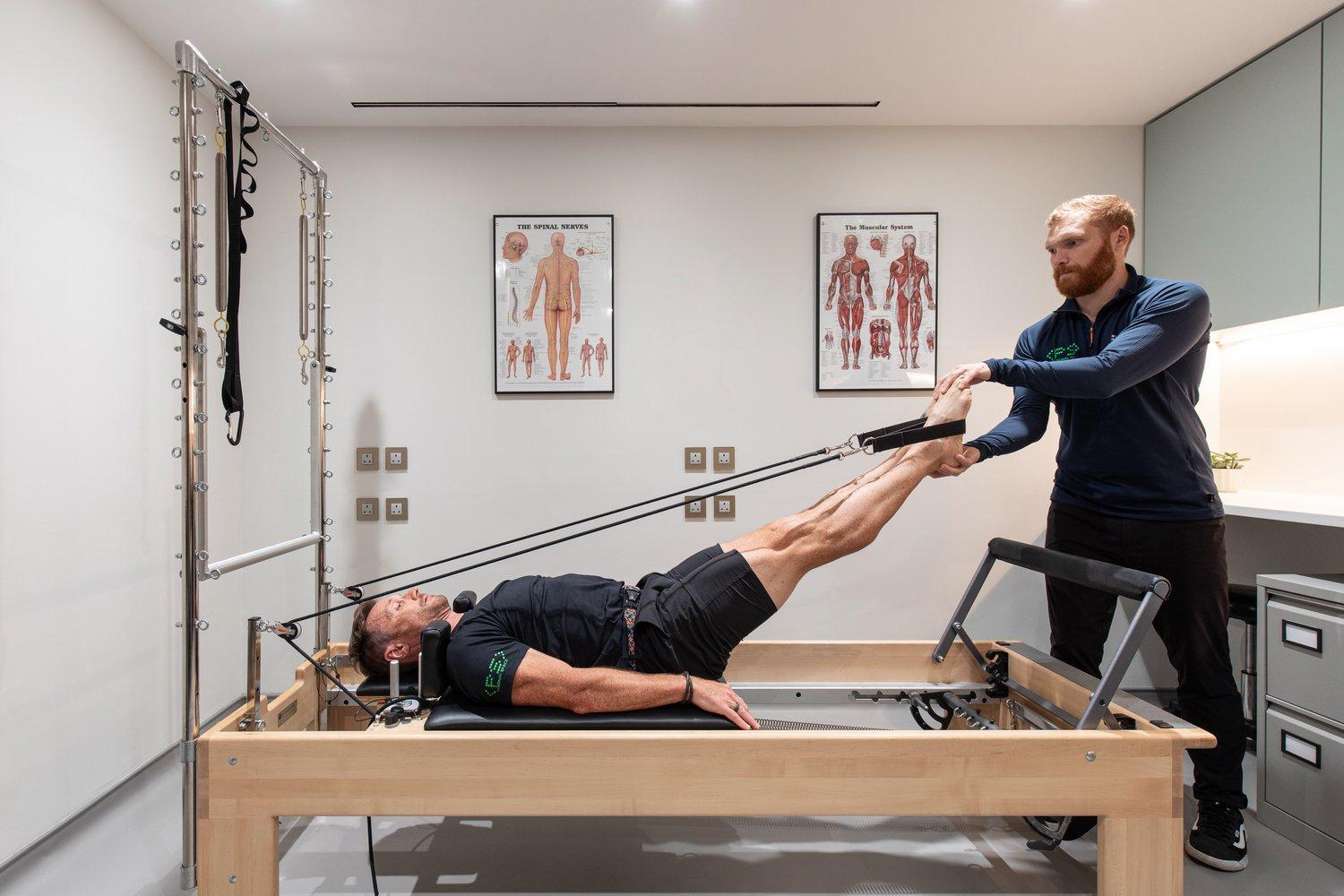Unlocking the Power of Physiotherapy Training: A Path to Healing and Strength

Physiotherapy training is an essential part of modern healthcare that focuses on restoring movement and function when someone is affected by injury, illness, or disability. Whether you're recovering from surgery, dealing with chronic pain, or working to prevent future injuries, physiotherapy provides a structured and personalised approach to help your body heal and perform at its best.
What is Physiotherapy Training?
Physiotherapy training involves guided exercises, manual therapy techniques, education, and advice designed to support recovery and enhance mobility. It can be used in hospitals, rehabilitation centres, sports facilities, or even at home, depending on the individual’s needs. This form of training is delivered by qualified physiotherapists who understand how the body works and how to improve function safely and effectively.
It’s important to note that physiotherapy is not just for those who are injured or ill. Many people use physiotherapy training as a preventive measure or to optimise their athletic performance. It’s a flexible and holistic approach that can be tailored to people of all ages and fitness levels.
Benefits of Physiotherapy Training
One of the most significant advantages of physiotherapy training is its ability to help individuals regain independence and return to daily activities with confidence. By working on mobility, balance, strength, and coordination, physiotherapy can drastically improve the quality of life.
Here are some of the key benefits:
-
Pain Relief: Physiotherapy techniques, such as joint mobilisation, soft tissue release, and targeted exercises, can alleviate pain from injuries or chronic conditions like arthritis.
-
Improved Mobility and Flexibility: Stretching and strengthening exercises help restore movement and reduce stiffness, making it easier to walk, climb stairs, or perform daily tasks.
-
Faster Recovery from Injury or Surgery: A personalised rehabilitation plan ensures that your recovery is safe and efficient, minimising the risk of complications.
-
Injury Prevention: Strengthening weak muscles and correcting posture or movement patterns can reduce the chance of recurring injuries, especially in athletes.
-
Management of Chronic Conditions: Physiotherapy plays a vital role in managing long-term health issues such as Parkinson’s disease, stroke, or respiratory problems.
Who Can Benefit from Physiotherapy Training?
Physiotherapy training is suitable for a wide range of individuals, including:
-
Post-surgical patients: To aid recovery and regain function
-
Athletes: To enhance performance and prevent injuries
-
Elderly individuals: To improve balance and prevent falls
-
Office workers: To reduce neck, back, and shoulder pain caused by prolonged sitting
-
People with chronic conditions: To manage symptoms and maintain mobility
Whether you are young or old, active or sedentary, physiotherapy can provide practical solutions tailored to your specific goals and limitations.
What to Expect During Physiotherapy Training
Your first physiotherapy session will typically begin with an assessment, where the physiotherapist evaluates your medical history, current symptoms, and physical abilities. They may perform tests to check your strength, flexibility, balance, and range of motion.
Based on this evaluation, a personalised training plan is created. This could include exercises to do during the session and at home, hands-on therapy, and guidance on posture, ergonomics, or lifestyle adjustments.
Physiotherapy training is a collaborative process. Your feedback and progress are continually monitored, and your plan is adjusted as you improve. The focus is always on safe, gradual improvement rather than quick fixes.
A Long-Term Approach to Health
Physiotherapy training isn’t just a short-term solution. It encourages long-term lifestyle changes that support ongoing health and wellbeing. From learning how to move properly to understanding how to prevent future injuries, the knowledge you gain during physiotherapy can empower you for life.
Moreover, as healthcare becomes more proactive and personalised, physiotherapy is playing an increasingly important role in prevention and wellness, not just recovery.
Final Thoughts
Physiotherapy training is more than just exercise—it's a guided journey toward better movement, strength, and overall health. Whether you're recovering from an injury or looking to stay active and pain-free, working with a trained physiotherapist can help you achieve your goals safely and effectively. With the right support, your body can move better, feel stronger, and work more efficiently—every single day.
- Art
- Causes
- Crafts
- Dance
- Drinks
- Film
- Fitness
- Food
- Παιχνίδια
- Gardening
- Health
- Κεντρική Σελίδα
- Literature
- Music
- Networking
- άλλο
- Party
- Religion
- Shopping
- Sports
- Theater
- Wellness


